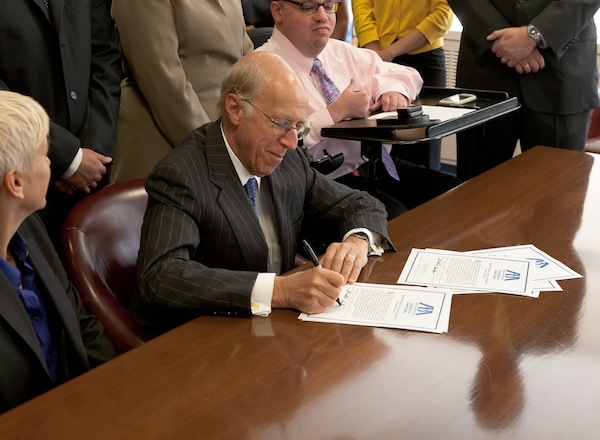GET READY ‘CAUSE HERE I COME: Brooklyn lawyers prep as city decides to try more cases

Seven-hundred and thirty-five million dollars. This is the amount New York City estimates it will spend on judgments and settlements in cases against the city for negligence, police abuse, and other claims that may come its way. The line item in the Fiscal Year 2013 Executive Budget may now be judiciously used.
The City’s Law Department, as of 2011, has instituted a new initiative to bring more cases to trial, in an effort to reduce the number — and theoretically the amount — of case settlements. As reported in the New York Times, the city has instructed its lawyers to identify civil rights claims against the city that are vulnerable, either on the law or due to weak evidence. These cases, the city will no longer settle to expeditiously move caseload.
Michael Cardozo, the city’s corporation counsel, believes that the old policy may encourage lawyers to sue the city even if they have a weak case, in the hopes of getting a quick settlement. “You’re sort of feeding the monster, if you will,” Cardozo told the Times. “So we started saying to ourselves, ‘Let’s be more aggressive here.’”
“The way I see it, the city may be targeting cases involving particular lawyers,” said Brooklyn civil rights attorney Edward Friedman. “The city may be looking at attorneys and law firms that have a large amount of cases filed against the city and are looking to discourage frivolous claims.”
